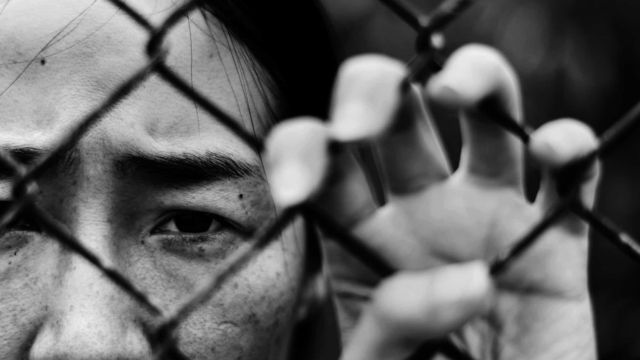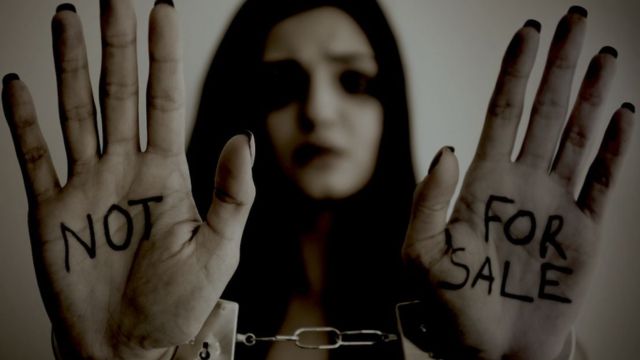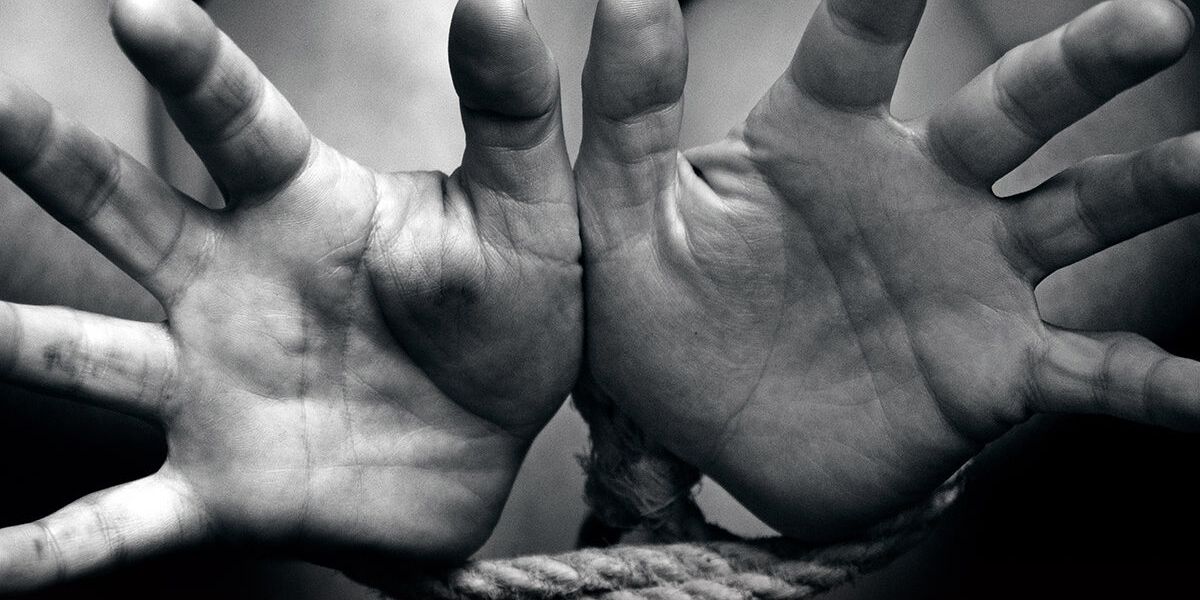Human trafficking is a widespread issue affecting millions annually, where individuals are exploited for sexual or labor purposes through force, fraud, or coercion.
Although human trafficking can happen anywhere, certain locations are more susceptible due to factors like geography, economy, culture, and law enforcement. This article delves into one such area: Kansas City, Missouri.
It explores why Kansas City reports the highest human trafficking rate in the state and discusses the challenges and opportunities for combating this crime.
By bringing attention to this matter, our aim is to increase awareness and motivate readers who are concerned about human dignity and justice to take action.
Kansas: The City With the Highest Human Trafficking Rate
Sadly, Kansas City has the highest recorded prevalence of human trafficking in the state, according to a local crisis center.
Its proximity to Interstates 35 and 70 contributes to its ranking as one of the most trafficked cities for sex.Missouri sent 1,103 signals to the National Human Trafficking Hotline in 2021, and from those signals, 240 cases of human trafficking involving 327 victims were found.
No one is immune from human trafficking, which is a grave crime and violation of human rights that can affect people of any age, gender, color, or religion.

Why Kansas City Has the State’s Highest Reported Rate of Human Trafficking
Several potential factors that contribute include:
Geographically, Kansas City is situated near two important interstates, I-35 and I-70, which are used by human traffickers to move their victims throughout the nation.Additionally, the city is close to the borders of four other states, which facilitates traffickers’ evasion of detection and prosecution.
Economy: The manufacturing, entertainment, health care, and agricultural industries make up Kansas City’s sizable and varied economy. These sectors might increase the demand for inexpensive labor or sex, draw in migrants in search of employment, and increase the risk of human trafficking.

Culture: The history of music, art, sports, and food is extensive in Kansas City, which has a lively and diversified culture.However, certain elements of the city’s culture, such the sexualized entertainment sector, the 24-hour lifestyle, and the abundance of drugs and alcohol, may also aid in or legitimize human trafficking.
These are not all of the potential causes of Kansas City’s high rate of human trafficking; rather, they are not proof positive either.
The issue of human trafficking is intricate and multidimensional, necessitating a thorough and cooperative response from all relevant parties, including as the public, media, government, business community, and civil society.
You May Also Read:
- City in Crisis: This West Virginia City Battles Alarming Human Trafficking Rates
- Raising Awareness: This City in Maryland Faces Crisis With State’s Highest Human Trafficking Rate
- This City Has Been Named the Most Dangerous City to Live in Ohio
- This City Has Been Named the Healthiest Place to Live in New York
To Conclude
A quick and coordinated reaction is required due to the elevated rate of human trafficking in Kansas City. Though it seems hopeless, there is yet hope. It is essential, but not sufficient, to comprehend the contributing elements such as geography, economy, and cultural features.
Teamwork is essential. Public education campaigns, well-stocked law enforcement, and collaboration between government, non-governmental organizations, and private sector enterprises are crucial. Destroying the mechanisms that permit exploitation will require us to disrupt the market for the products and labor that are trafficked.
A future free from the specter of human trafficking may be built for Kansas City by placing a higher priority on prevention, intervention, and victim support.
Recall that each person plays a part. Suggest more robust anti-trafficking measures, inform others and yourself, and report any questionable behavior. By working together, we can make Kansas City more resilient and secure, a place where justice and human dignity rules.












Leave a Reply